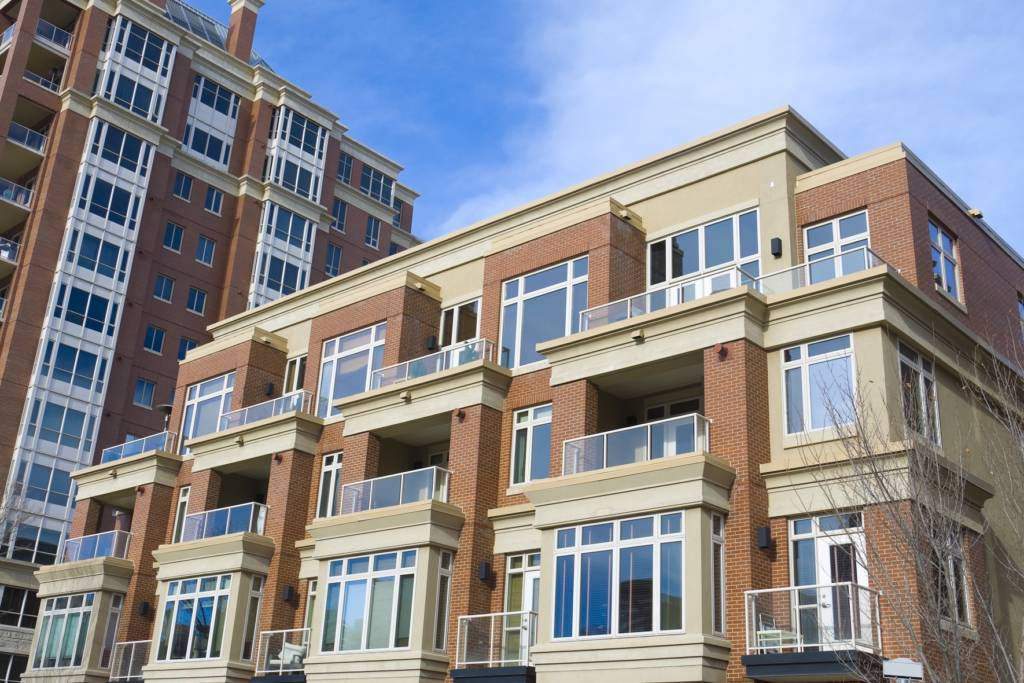As a Non-Resident, What Taxes Should I Pay on my Canadian Rental Property Income?
If you are a non-resident of Canada, but own a rental property and generate Canadian rental income in Canada, you might be confused about what your tax requirements are. Non-residents tax obligations can be confusing, so read on to see what your obligations are.
Withholding Agent
The first thing you must ensure is that you have a withholding agent for your rental property. The role of the withholding agent is to remit 25% of the rent collected each month to the Canada Revenue Agency, and release the other 75% to the property owner. Often non-resident owners will have a property management company carry this out for them.
Net Rental Income
With a rental income property as a non-resident, you will need to file a tax return under section 216. The good news is that this section allows you to deduct expenses associated with your rental income. These expenses can include things like property management fees, landscaping services, minor repairs, insurance, and other specific expenses. These are deductions, so they can be directly deducted from your gross income, meaning you only pay income tax on your net amount at the 25% rate.
Form NR6
An option to try and simplify this process is form NR6;” Undertaking to File an Income Tax Return by a Non-Resident Receiving Rent from Real or Immovable Property…”. This form allows the withholding agent to instead remit 25% of the net income, and not 25% of the gross. NR6 is a great option if you have high monthly expenses, as it will help to increase your monthly cash flow.
The tax requirements for a non-resident with Canadian rental income can be a bit confusing. Your best bet would be to talk to a Chartered Professional Accountant at Naicker to get personalized advice for your situation to make sure you are managing your situation correctly.
Can I Claim the Exception for the Speculation & Vacancy Tax?
British Columbia’s new Speculation and Vacancy tax is an annual tax for owners of residential property in certain taxable regions of B.C. The main idea behind this new BC tax is to discourage housing speculation and encourage owners of vacant houses to make these properties available for rental. Thankfully, the BC NDP government has claimed that “99% of British Columbians are expected to be exempt from the tax”.
It is with this exemption that the issue lies. If you are a registered property owner, you must declare yourself exempt from the tax, or you will be expected to pay the full amount.
First, the following areas are eligible to be taxed:
- Municipalities within the Capital Regional District. This excludes Salt Spring Island, Juan de Fuca Electoral Area and the Southern Gulf Islands
- Municipalities within the Metro Vancouver Regional District, excluding Bowen Island, the Village of Lions Bay and Electoral area A, but including UBC and the University Endowment Lands
- The City of Abbotsford
- The District of Mission
- The City of Chilliwack
- The City of Kelowna
- The City of West Kelowna
- The City of Nanaimo
- The District of Lantzvill
If your property is located in one of these areas, you must either declare exemption or pay the tax.
How and When Do I Declare the Exemption?
In order to declare exemption, you must live on the property as your primary residence, or rent out the property for at least 3 months of the year. Short term rentals do not count towards this allowance.
To claim exemption, you should have received a letter from the government listing all the properties you are the owner of. These letters contain directions on how to go online and submit a declaration of exemption if you meet the above criteria. Failure to submit the declaration would result in being charged the new BC tax, payable by July 2, 2019.
Unfortunately, if you own recreational property within one of the applicable zones, and do not rent it out long term, you will have to pay the new tax on it.
For more information, check out;
https://www2.gov.bc.ca/gov/content/taxes/speculation-vacancy-tax/faq-speculation-and-vacancy-tax



